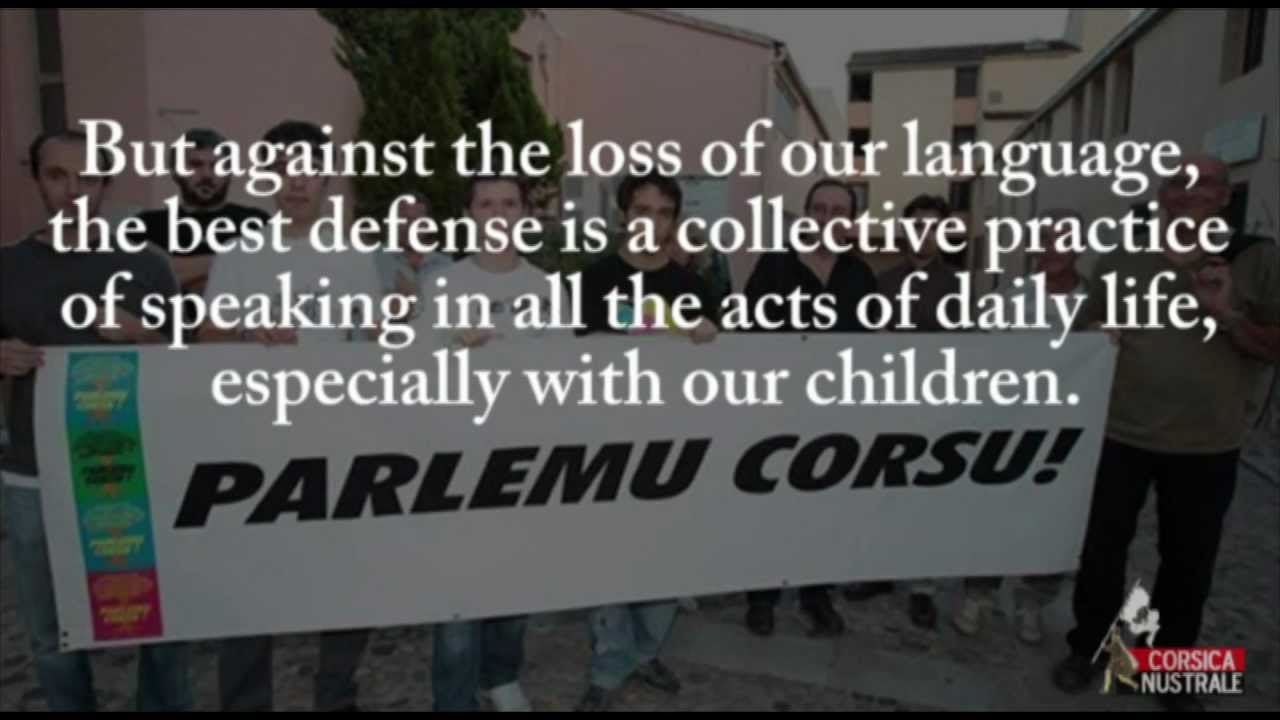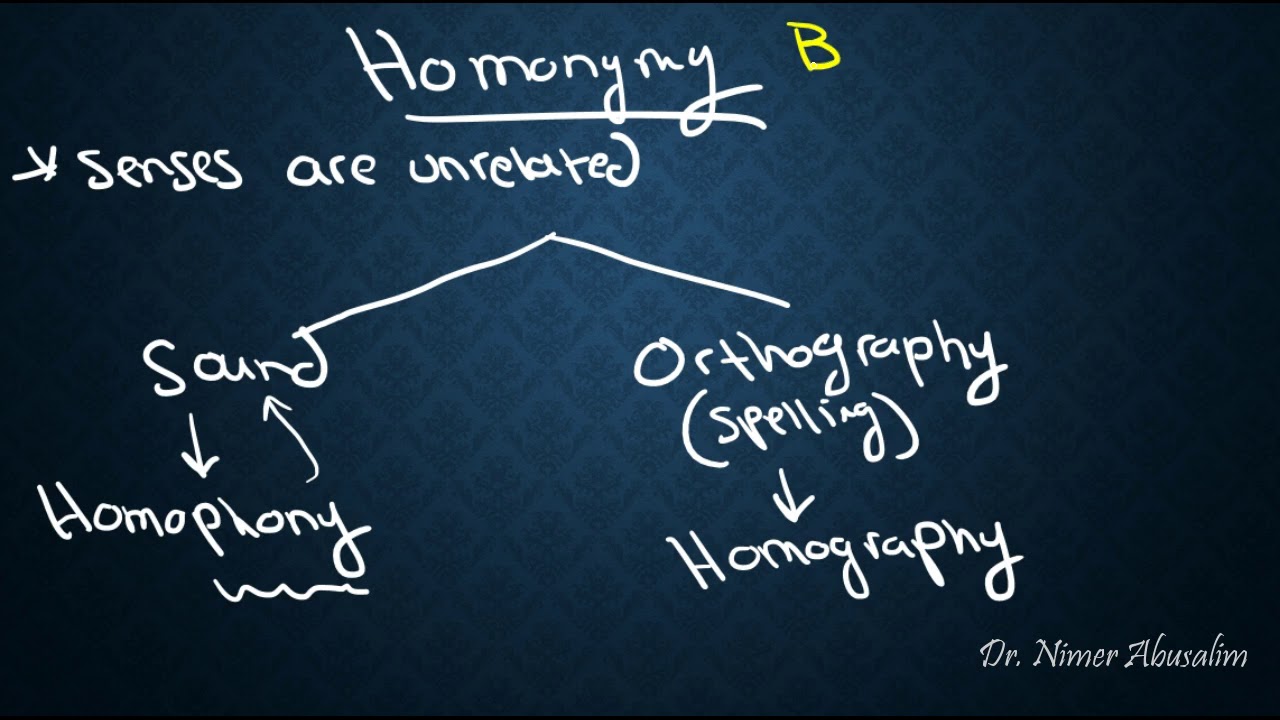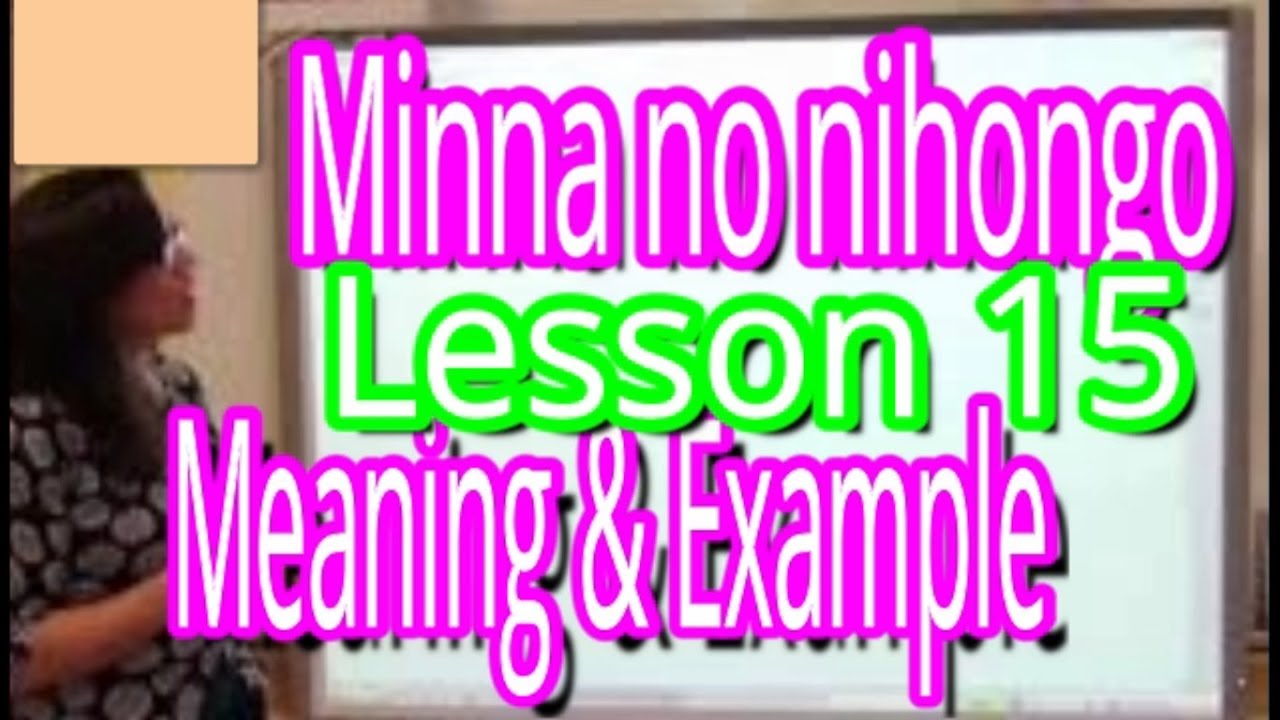CorsicaNustrale
NO to the genocide of the Corsican language!
In the first century BC, Greek Diodorus Siculus says about the first Corsican:
“The language they use between them is very special and very difficult to learn.” Because of the Roman conquest the Corsican language will be influenced by the Latinization and by Tuscan influence.
The Corsican language has long been transmitted orally and has really started to be written during the nineteenth century.
However, in the year 1000, texts in Latin and Tuscan products by Corsican revealed the language writers: the Corsican.
The study of these readings helped to advance the knowledge of Corsican former by revealing linguistic features in modern Corsica.
The first literary works in Corsican language date from the late seventeenth century and developed over the following centuries.
In the eighteenth century in the independent republic of Corsica, the Tuscan was the written language.
The French Revolution sought to remove Tuscan from Corsica to the benefit of the French.
In 1793, the fanatical Jacobins declare a total war to “idoms”…
In 1794, Father Gregory outbid by: “We must destroy “dialects” and impose French language”.
Thus, 25 millions of “French” will be imposed by force the dialect of 3 “other” millions.
Until the late nineteenth century, the Corsican elites continued to attend Italian universities, particularly those of Pisa, Rome and Padua.
1852 is the beginning of the genocide of the Corsican language, by banning Italian and the widespread imposition of French in the island school’s, Civil Services, Registry Office, socio-economic sectors, press, etc…
France knew that the abolition of the Tuscan literary expression of Corsica, the lack of mutual understanding with the French, condemned the Corsican language to disappear, promoting the racist process of the “Francisata”(Frenchifying).
To accelerate the “Francisata”, France will attempt to eradicate the Corsican language into the schools with corporal punishment for offenders…
Religion, the last bastion of the corsican language, will be forced, too, in 1938, to practice the church service in French.
Today, the Corsican language, is considered unconstitutional by France, and finds himself excluded from all areas of everyday life.
The Corsican language has survived over two centuries of colonization, but he had suffered of the Frenchifying for objects posterior to the eighteenth century while the Tuscan forged neologisms.
Gradually, there is a Frenchifying of the language by substituting Corsican words by Gallicisms.
f nothing is done, the decrease speakers linked to the deaths of the elders, to a loss of language use by the youthfulness, including the ones who left Corsica, the degeneracy under the French influence and the media, lead to the extinction of the Corsican language.
The question is to know if the Corsican people wants to save its language.
Of course, it is vital that the Corsican language is formalized, and teaching made mandatory in schools …
But against the loss of our language, the best defense is a collective practice of speaking in all the acts of daily life, especially with our children.
The Corsican language belongs to the family Italo-Romance languages, and Italy is a country that has many languages from this family…
Contrarily to the Corsican, italian languages are in excellent health through natural mutual understanding between them, but that does not exist between the Corsican and French.
Do not hesitate to get in touch with these other Italian languages, as it was natural for our elders.
You must be blind or in bad faith to deny that foster such merger would give the opportunity to Corsican works to access a market of 60 millions of speakers who can understand “A Lingua Nustrale” (“Our Language”)… .
NO to the genocide of the Corsican language




…Ho voi nel cuore come non mai.Rispettiamo la vostra ricerca di identità nazionale pur considerandovi nostri cugini italiani.I francesi poterono francesizzare Nizza, Savoia, la stupenda Corsica, ma non poterono cambiare la vostra reale identità di popolo il vs sentimento le vs radici mediterranee men che meno galliche.Abbiate fiducia nei vostri antichi parenti italiani, (romani, toscani, genovesi che siano).Noi vi rispettiamo per quello che siete e comprndiamo il vostro LINGUAGGIO CORSO…
@cryot01 noi in Italia abbiamo tanti difetti, ma non abbiamo quello di considerare: il francese di Valle d'Aosta, il tedesco del sudTirol e il ladino o sloveno, LINGUE ANTI COSTITUZIONALI!!!
I am from Tuscany. I have visited Corsica. I speak French almost fluently, but never had to because the people understood me when I spoke Italian. Livornese actually, because that's where I am from. They should try to maintain their language as the people in Sud Tirol and Valle d'Aosta are allowed to keep their languages in Italy. The French are so nationalistic, they try to make everyone become French.
What is the name of the song ? Corsican is an interesting language and it would not be as difficult for me to learn as it is similar to Sicilian.
Wonderful!
A beautiful piece with a beautiful message and song. Please tell me the name of the song and artist if you have time.
this is not right..how can they try and butcher a language like that..i like all italian dialects! the french must not like that Corsican is alot closer to Italian than French…i love the picture of the bilingual road signs where the French is spray painted away..haha!
Independence for Corsica!
Gora Korsika askatuta!
Gora Euskal Herria askatuta!
Frantziar okupazio indarrak kampora!
Am un sentiment straniu când ascult această limbă. Există o legătură profundă cu limba română. . . dar nu pot să o exprim.
I have a strange feeling when a listen that language. There is a deep connection with romanian language…but Im not able to express it
(part 2 – see first part above this)
…….I didn't want to be an ignorant tourist. I wanted to understand what's behind the surface that I could feel but could not define. I wanted to understand the Corsican spirit and melancholy that I hear in songs and see in eyes.
It's a very painful truth to learn and it's a disgrace that this is such an unknown (black) page of our European history.
Hope you'll continue translating your information, it's a sad necessity. Please do!
(part 1)
Merci bien for the English translations, also in your other video's. I've learned so much more about Corsican history from your translated texts than I could ever find in our libraries (that only know tourist information guides).
Although I'm just a tourist that fell in love with your beautiful island, I didn't want to be an ignorant one. I wanted to understand what's behind the surface that I could feel but could not define……(see rest below)
(part 2) I wanted to understand the Corsican spirit and melancholy that I hear in songs and see in eyes.
It's a very painful truth to learn and it's a disgrace that this is such an unknown (black) page of our European history.
Hope you'll continue translating your information, it's a sad necessity. Please do!
Perchè è una lingua neolatina, perchè è un dialetto italiano.
To Shannonise (as I can't seem to reply directly to your account)
Thank you for your reaction and information. Although I do not feel like an ignorant tourist anymore I always like to read and know and understand more about Corsica. Very kind of you to point me to the site of letstalkaboutcorsica (.com). Maybe a good tip for all visitors of this video as well?! Vi ringraziemu!
what is the song?
Seems 99% similar to Sicilian to me. My people, Sicilians, let their language be destroyed and accepted the notion that it was "vulgar". Because my people are weak, useless and dead. Don't do like we did, tell the French to stick their stupid language up their a rs 3
I'm afraid it's too late to save Corsican. Like Irish Gaelic, it can be taught in schools but can it be made the language of the home?
This is the song: https://www.youtube.com/watch?v=fs82wVFfEYE "O ma' parlami corsu"
What is the name of the song in the video? And the artist? It is very beautiful 🙂 thanks for the video, very interesting!
As a Sicilian, I am very happy to see Corsicans defending their language. Sicilian and Corsican are very similar (I can understand maybe 70% of Corsican) which proves that these are distinct languages and not simply "dialects" of an Italian (or even Roman) mother-tongue. I hope the UN/EU grants Corsican official recognition as a distinct language, but knowing France (which believes there is no possible reason anyone in the world would want to speak anything but French) it will be a challenge to say the least.
Corsican languages is nothing but one of the 20 main italian dialects. Like French and Italian language, Corsican is part of the great Romance Languages' family. So there is no mystery if a rumanian as well as a catalan or a castillan or a portuguese has a strange feeling when listening those songs !
Viva la Corsica !
Can you post the lyrics to that lovely ballad? I would love to follow the words on paper as I listen.